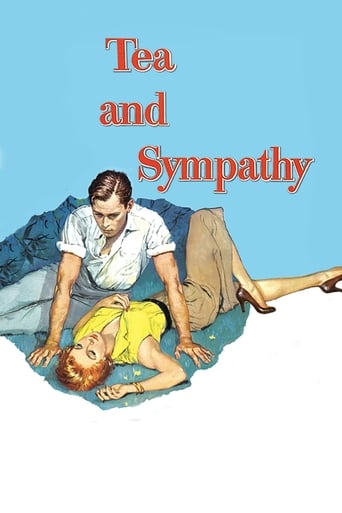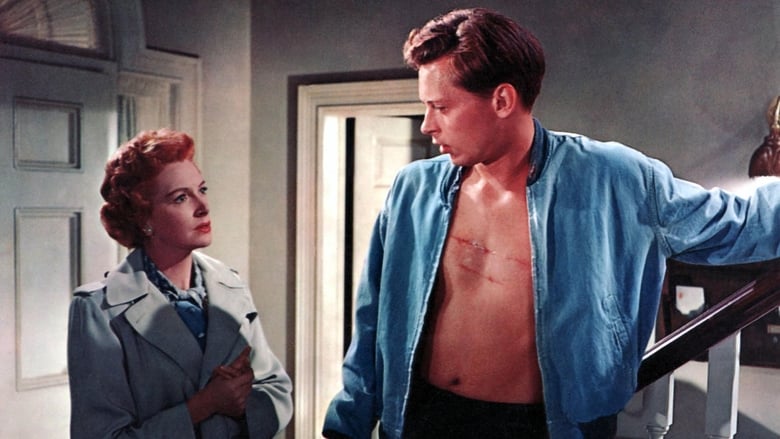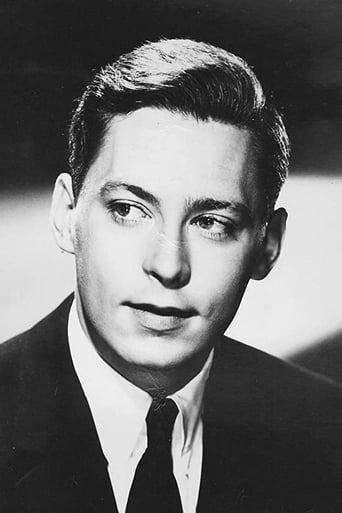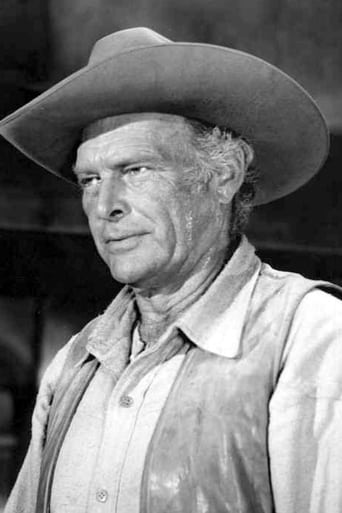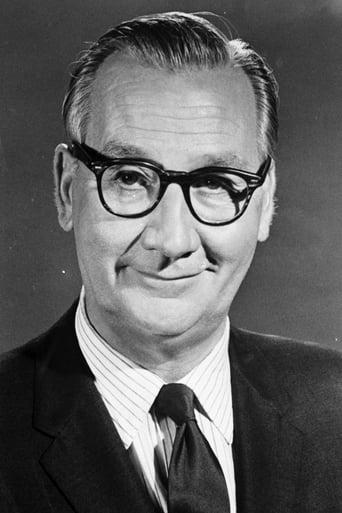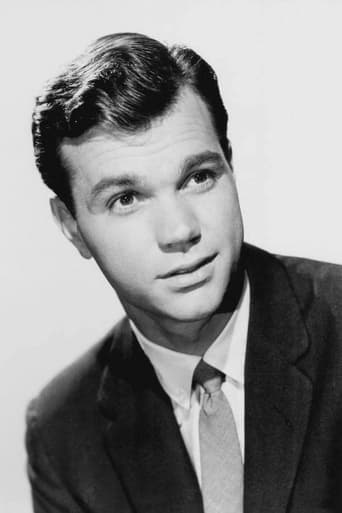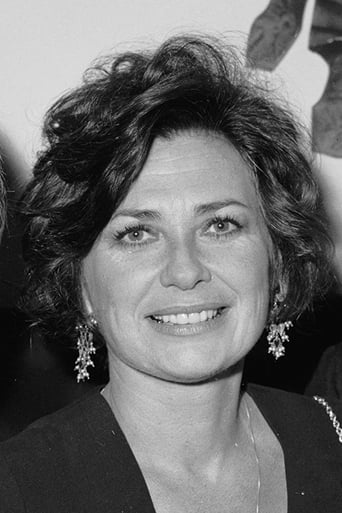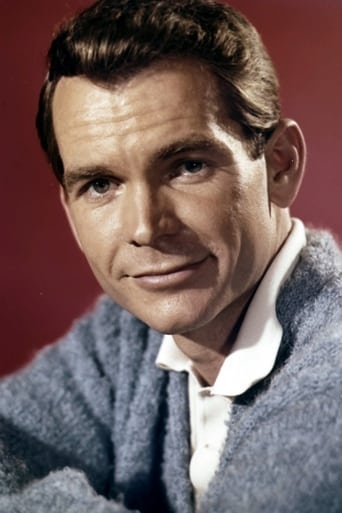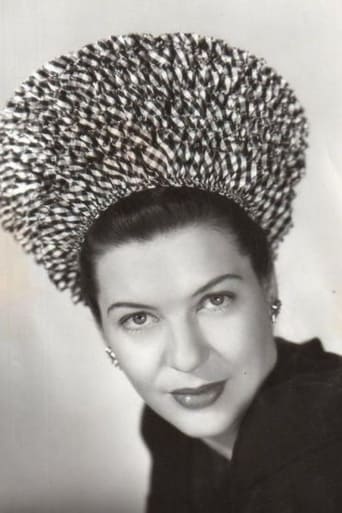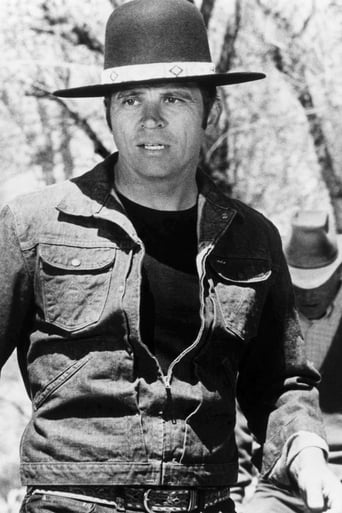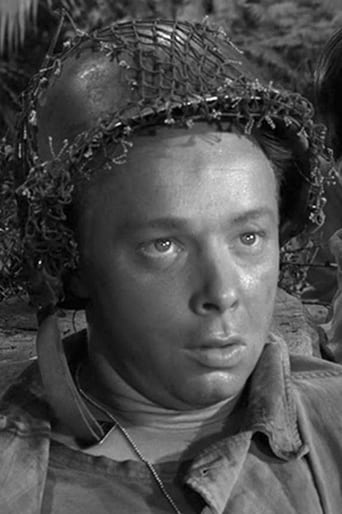At a high school reunion, a middle-aged man recalls his boarding school days, when the only person who seemed to sympathize with him was his housemaster's wife.


Similar titles
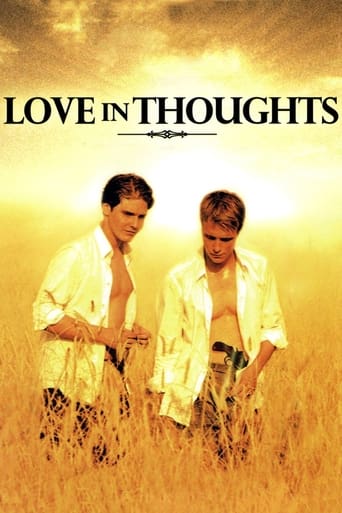

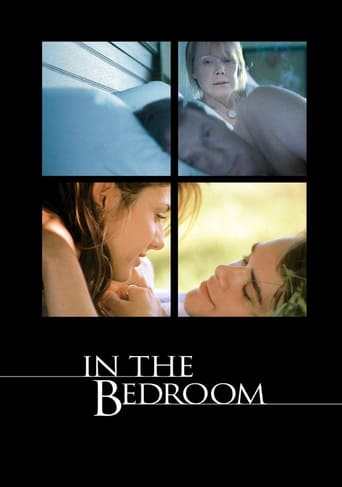
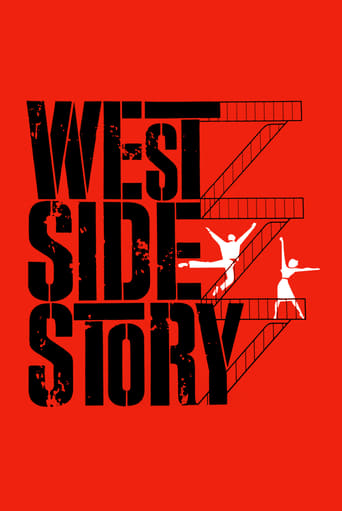
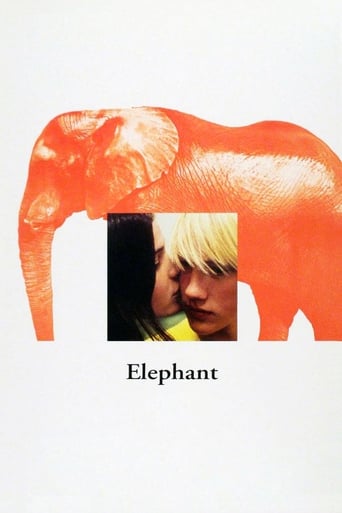

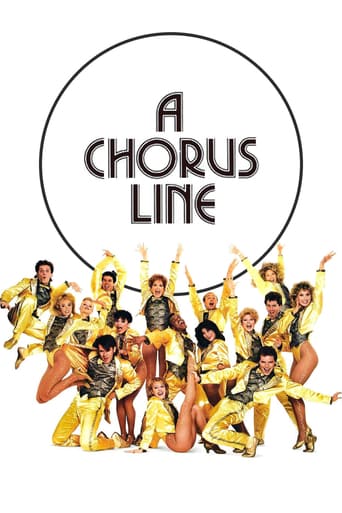
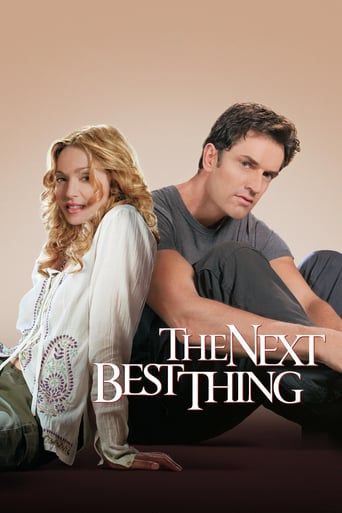
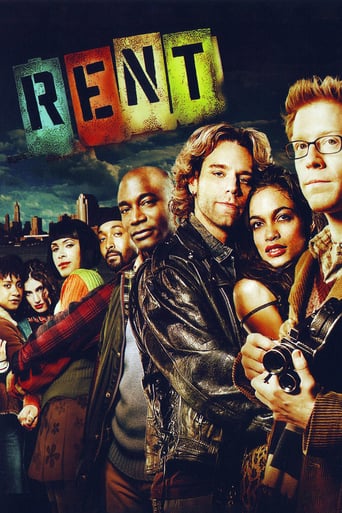
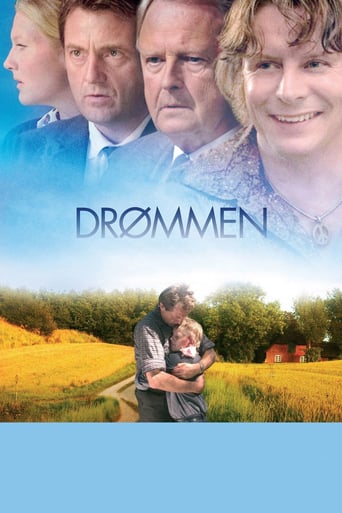
Reviews
Vincente Minnelli's "message" movie TEA AND SYMPATHY is excellently crafted with Golden Hollywood poise, rehashed for the celluloid by Robert Anderson from his own stage play, it reunites the original play's three leads, Deborah Kerr, John Kerr (no, they're not related) and Lief Erickson. In spite of its antediluvian views on masculinity, the film appositely re-surfaces as a searing melodrama zinging at today's intolerant world, where egregious persecution is wantonly inflicted on minorities and non-conformists.Tommy Lee (John Kerr) is a 17-year-old prep school student, he is ostracised by his jock classmates who coin him a sobriquet "sister boy", why? Because of his curly hair, his gait, his sewing skill, his inclination of classical music over sport and roughhouse (he excels in tennis though), he reads Voltaire's CANDIDE and the fact that he has never bragged about girls. All these facile symptoms can be nimbly dismissed as specious by a more rational mind (even in its time), like Tommy's roommate Al (Hickman), who always stands up for him but the real helping hand comes from Laura Reynolds (Deborah Kerr), wife of Tommy's macho coach Bill (Erickson), who is transparently not in line with his wife's sympathy over Tom. The title refers to the common "interested bystander" stance which Laura is advised to take being a woman in her position - "doesn't go beyond giving him tea and sympathy on Sunday afternoons".Bearing mockeries and mobbing from his peers, contempt and grudge from coach Bill and mounting pressures from his father Herb (Andrews), Tommy starts to unravel in spite of Laura's intransigent support and growing affection, in a last-resort attempt to prove his manhood, he arranges a rendezvous with the local loose girl Ellie (Crane, a chain-smoking waitress depicted with a broad and vulgar stroke), Laura overhears it and in her last-resort attempt to pre-empt a disastrous wind-up, she puts on her fancy blue dress and manoeuvres a tête-à-tête to procrastinate Tommy's action, during which she discloses the death of her late first husband, who died young just because he was trying to prove something that he needn't proving, so as to convince Tommy that he shouldn't follow the same old road to ruin. Here, Laura's motivation has been cogently vindicated, she has been a victim of the bigotry and prejudice of the rank masculine and patriarch society, so how can she just sits and doles out her tea and sympathy?Nevertheless, Laura doesn't stop the disaster since she backs off from Tommy's desperate advances which later she regrets, also because obviously, the story needs something more dramatic to grab the attention and up the ante, yet, the movie is cleverly introduced through the lyrical recollections of Tommy a decade later in a classmate reunion, so Minelli assures audience in the very beginning that Tommy comes safe and sound out of his trials and tribulations unjustly cast upon him. In the beautifully arranged woodland scene, as if in a dreamlike fairy land, Laura comforts a distraught Tommy who has survived a suicidal attempt, with her kiss, the purest and tenderest kiss from a woman to a sensitive young man on the cusp of adulthood and whose nature is in the danger of being cruelly oppressed, even not being typecast as a nun, Ms. Kerr's Laura continues carrying out the name star's holy mission to save lives. There is gratitude in that kiss too, through Tommy's predicament, Laura finally can face up the marital hurdles between her and Bill under the surface of superficial harmony and make a right decision for her own sake.John Kerr is another young talent whose acting career failed to launch after a promising start, he fleshes out Tommy's vulnerability, sensitivity and perplexity, but righteously opts not to emphasise on queer mannerism, in fact, he is fairly attractive as an object of desirable for girls (and boys too, of course), the trenchant irony is just self-evident when Al tries to correct Tommy's unorthodox walk, those accusations are so inadequate and ridiculous. Fault-finding can flourish on everything and anything, which soundly advices us to nurture a discerning eye in lieu of hastily jumping on the bandwagon. Character players Leif Erickson and Edward Andrews, the former lands a meaty supporting role as the narrow-minded coach, in every step, he manages to show beyond doubt that Bill is unworthy of Laura's merits, and possibly, he is a deep-closeted homosexual himself, Erickson's butch appearance holds sway in a ghastly dislikeable role; as for the latter, in his more nuanced brew of pleasantry and angst, Andrews comes out as a more assured propeller to push Tommy into the abyss.In retrospect, 1956 should have been Ms. Kerr's Oscar-reaping year, only if she were nominated for this film instead of the hyped pap THE KING AND I (1956), as much as I worship Ms. Ingrid Bergman, her Oscar-winning performance in ANASTASIA (1956) is no rival compared with Ms. Kerr's consummate cri-de-coeur against the omnipresent scourge lurking underneath every imperfect soul. Ms. Kerr is such a pioneering "queer" icon to be reckoned with, especially in view of a less liberal era, whose legacy and glamour need to rediscovered by younger LGBTQ generations, forever dignified, you can never sense a tint of condescension in her refined presence, and her Laura Reynolds, what a courageous woman and what a tour-de-force to witness!
This powerful drama is based upon a hit Broadway play by Robert Anderson, which ran for 712 performances between 1953-1955, directed for the stage by Elia Kazan. The three leads in the play are the same ones who star in this film, namely Deborah Kerr as the wife of the house master at a boy's boarding school in New England, Leif Erickson as her husband, and John Kerr (no relation) as the 18 year-old boy. Vincente Minelli, who directed this film, therefore inherited a cast who had 'been in rehearsal' for two years for their parts! They could not be more brilliant and effective, and this is one of Deborah Kerr's performances to rank with her appearance in FROM HERE TO ETERNITY (1953), which immediately preceded the three years she was to devote to this role, both on stage and on film. This film also launched the young John Kerr (who died this month aged 81) into such prominence that he got his lead role as the Lieutenant (or, as Bloody Mary calls him, 'Lootellum') in the film SOUTH PACIFIC (1958), where he became a 'national treasure' as 'that nice young boy who is so charming', and became beloved by the very Middle America which had been so shocked by this film only two years earlier. Although the social mores and context of this story are inevitably dated, this is a very intense and profound drama, with a great deal of effective satire in it as well. Although this story was successful in the sophisticated ambiance of New York City, when the film was released, there was shock and dismay throughout Middle America. After all, this was the first time a major Hollywood film had ever seriously dealt with the subject of a romantic relationship between a schoolboy (albeit that he was safely described as being 18, and hence was no child) and the wife of a schoolmaster. This was considered so shocking outside of the metropolitan communities of the two coasts that the film was massively controversial, and many were the matrons who condemned it for immorality and for destroying the moral fabric of the nation. The film treats this subject with the greatest possible sensitivity, and there are no scenes of anything more explicit than gentle kissing. One is left to imagine the things which are now shown in closeup in every movie as a matter of course, namely what I call 'the rutting scenes'. (Why is it that nowadays everything must be explicit, and subtlety is a forgotten art? In films now, it is not sufficient for people to copulate, they must be seen to copulate. Prurience has been elevated to the pseudo-status of a cinematic virtue and a commercial requirement. Just as many actresses who refuse botox cannot get parts, actresses who refuse to take their clothes off and grunt and groan in closeup also cannot get parts. And if they refuse to 'show their tits', then they might as well resign from SAG and retire. This is, of course, an example of extreme social decadence and a sign that Hollywood cinema has lost its capacity for imagination.) In this film, Deborah Kerr manages an American accent as well as usual, though her tremulous voice throbbing with emotion is unchanged from her English roles, and is marvellously moving and effective. She grew up in the obscure town of Weston-super-Mare in Somerset (which also gave birth much later to that bizarre person, John Cleese), and that is a strange place mingling the surreal with the stupefyingly mundane, a true place to flee from, and which is sufficient to make any girl's voice tremble with suppressed expectations and a fluttering of anticipated flight. This Weston background of Deborah Kerr is little known, and I discovered it by watching many years ago a documentary film about her youth made for and shown on the regional West of England ITV station, which I believe was never shown nationally. Some people who knew her as a girl were interviewed. I believe I have it on tape somewhere. It seems that Deborah Kerr was never eager to call attention to her years in Weston, and preferred to mention having attended school in nearby Bristol, which is a small city about 20 minutes from Weston by car. This film is full of savage satire about the athletic boys who sometimes dominate boarding schools and some universities, who are known as 'jocks' (named after their jock straps which they wear when bashing each other's heads in, not to mention their crotches, at football and anything else which is violent). Such testosterone-fuelled lunatics can be extremely abusive and threatening to more sensitive boys, as we see in this film, and as must have happened to the author, Robert Anderson, to judge from his intense feelings on the subject. I was fortunate that at my boarding school, though everyone was mad about sports, 'jocks on the rampage' did not predominate, but I have visited other campuses where they did. And I can tell you there is nothing so revolting as the smell of sweaty jocks' socks at a boys' boarding school. So you have been warned! The dormitories reek of the sour, foetid odour so that one is nearly sick. You can smell it in the film, and it is enough to make the delicate Deborah Kerr even more tremulous, not to mention John Kerr who longs to flee from the nightmare of his school, but whose father is a former 'jock' who wants 'to make a man of' his son. And that leads me to this question: why is it that a boy is supposed to be a jock before he can become a man? This film attacks the world of jocks with unremitting hatred, and those of us who hate their sweaty socks can all sympathise. But I do not see this as 'a gay film'.
At his prep school reunion, sensitive writer John Kerr (as Tom Robinson Lee) recalls the mutual attraction he shared with "lonely" headmaster's wife Deborah Kerr (as Laura). In flashback, shy Mr. Kerr asks motherly Ms. Kerr (they share the same surname but are not related, in real life) to escort him to a dance, although he can't dance. At the beach, Kerr reveals he like to sew and cook, which changes the focus from this being a story about a boy and his teacher's wife to the reforming of a suspected homosexual. This also explains the earlier scene revealing Kerr would be playing a girl in the all-boys' school play...At the beach, Kerr sits with the women and sews while the other guys play rough games in the sand. Kerr also reveals he likes to cook. He finds a quiet place to change in the locker room while the other lads whoop it up. All of this results in Kerr acquiring the unwelcome nickname "Sister Boy". Brawny roommate Darryl Hickman (as Al Thompson) tries to teach Kerr how to walk like a man. Worried father Edward Andrews (as Herb) wants Kerr to get a crew cut. Headmaster Leif Erikson (as Bill Reynolds) hops the ritual pulling off of Kerr's pajamas will make him a regular guy. Worst of all, Kerr wants to be a folk singer..."Tea and Sympathy" is, at its heart, a despicable drama. The given is that Kerr's character never really is a homosexual - or, he is "cured" by sex with a woman. We are meant to breathe a huge sign of relief, and agree with the script that finally celebrates the revelation that he is married and leads a "good life" after all. Moreover, the teenager didn't need to commit suicide. Well, bully for him. It is also noteworthy that his older woman seems to have sacrificed any chance for her own happiness by helping to bring him out of the heterosexual closet. We are left to wonder what about her sad fated husband's problems...The flashback ends with the line, "Years from now, when you talk about this - and you will - be kind." The subsequent deflowering takes as the younger Kerr has just turned 18 (presently the consensus age of consent). Well, to "be kind," let's assume writer Robert Anderson and those who toned down his original work were well-intentioned. The production values include skillful direction by Vincente Minnelli, beautiful photography by John Alton, and fine characterizations from the cast. The story deals with gender role perceptions well. Still, "Tea and Sympathy" ends with homosexuality cured (Kerr) or closeted (Erickson).***** Tea and Sympathy (9/27/56) Vincente Minnelli ~ John Kerr, Deborah Kerr, Leif Erickson, Darryl Hickman
There's some touching and unintentionally amusing material here. Deborah Kerr is the sensitive mistress of a boarding house for a couple of college kids, and the wife of bluff Lief Erickson, headmaster. One of the kids who lives upstairs is John Kerr. She's not only nurturant, she's gorgeous too, despite the lurid period make up.Kerr is the odd kid out. He doesn't walk like a man. He was taught to sew by his maid after his mother's death. He has long hair instead of the ubiquitous crew cuts. He doesn't know any girls. He doesn't know how to dance. He has no interest in making a fortune after he graduates. He listens to classical music and wants to become a folk singer. He reads "poetry" off by himself. He wins at tennis but not by forceful drives but by chops and slices. At one point, his father, Edward Andrews, visits the campus and asks his old friend Erickson how Kerr is making out. Erickson lowers his face and forces himself to reveal all: "He was found on the beach with the faculty wives -- SEWING." Deborah Kerr observes all this and can't keep herself from interfering, although the rules declare that she must do nothing more than provide "tea and sympathy" to the boys on Sundays.D. Kerr goes much farther than that to help the wounded J. Kerr. She begs J. Kerr's empathic but helpless room mate to give him lessons on masculinity. She argues with her husband over the rough treatment, begs him to see that it stops. He's compelled to refuse. Maybe some rough treatment will make a man of J. Kerr.Well, all of this is mighty dated. First of all, J. Kerr is not merely "out of step" with the others, which is all the movie script implies. He's a homosexual dressed in the moral code of the time. Second of all, all those buzz-cut jock types playing grabass on the beach and bragging about their conquests are stand-ins for the attitudes that some felt the nations of the Free World should take towards the Collectivists behind the Iron Curtain. Treat 'em rough and maybe it will teach 'em a lesson. Most forcefully, and most generally, this is a critique of the very real enforced conformity of the 1950s which the Beatniks finally challenged publicly.The stereotypes abound. Not in real life. I doubt that in the 1950s, or maybe EVER, was the gender structure of campus life ever so bifurcated, except maybe in some isolated and selective settings. The stereotypes represent, not verisimilitude, but the intention of the screenwriter, Robert Anderson, to simplify our vision of life so that our choices are made more easily. In this case, both of the Kerrs are right and everyone else is wrong. There now. Wasn't that easy? At times the script becomes almost hilarious, a self parody. The boys alternately shun and humiliate J. Kerr. They call him "Sissy Boy." But D. Kerr knows better. If he has grave doubts about his own masculinity, she solves the problem by seducing him in a furry glade. Thus, she "cures" him of his homosexual disease.What I'd have loved in that tender scene is to see it go beyond the point at which the beautiful and liminally sexual D. Kerr slips off her sweater, gently clasps J. Kerr's face to her bosom, and says, "When you talk about this in later years -- and you will -- be kind." First of all, I'd like to have seen a little more eagerness on the part of the neglected, love-starved wife, more than just the desire to help someone else. After all, she thinks he's an ithyphallic eighteen-year-old stud-in-waiting. I'd have loved to see a graphic sexual scene in which J. Kerr turns out to be completely impotent despite the most ardent ministrations of D. Kerr. I'd have liked seeing J. Kerr disgusted throughout the ordeal. And finally he should have stood up, buttoned his clothes, and spat out an insult, "Keep your filthy hands off me from now on, you witch. If you want to talk to me in the future, I'll be at Shelley's making focaccio. And -- by the way -- that DRESS you're wearing is a complete CATASTROPHE." Her husband, playing rough house with the boys out on the gridiron, should suffer an injury that causes him to lose one of his testicles. J. Kerr's room mate, the one bulging with muscles, the one with a neck the width of a utility pole, should be found in the bathroom stall with a muscle man magazine in his lap. The captain of the football squad needs have his closet full of ladies' shoes revealed.That would have provided a perfect ending to a movie that now, from our current enlightened, sophisticated, liberated, and thoroughly corrupt perspective, we can recognize for the comic enterprise that it is.
